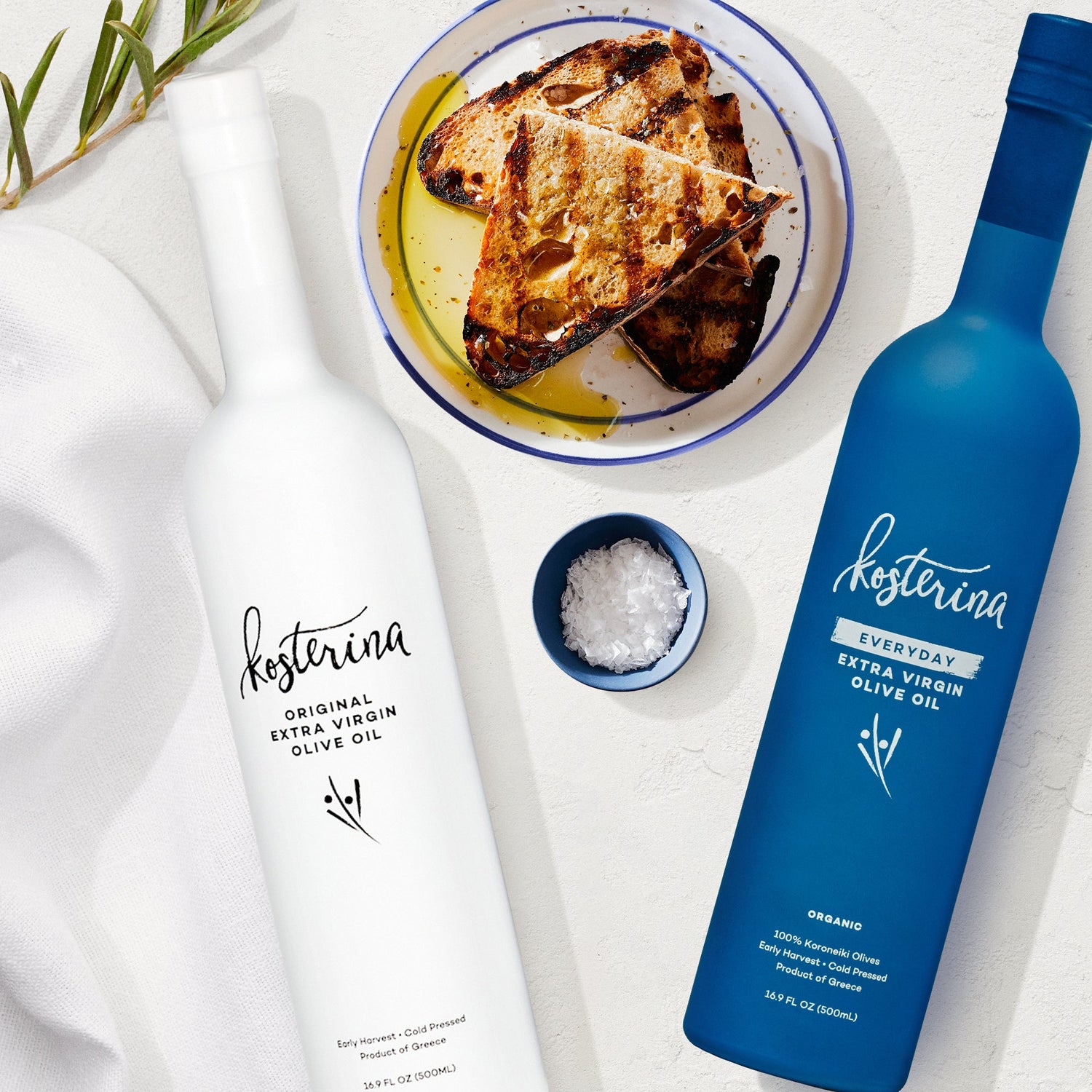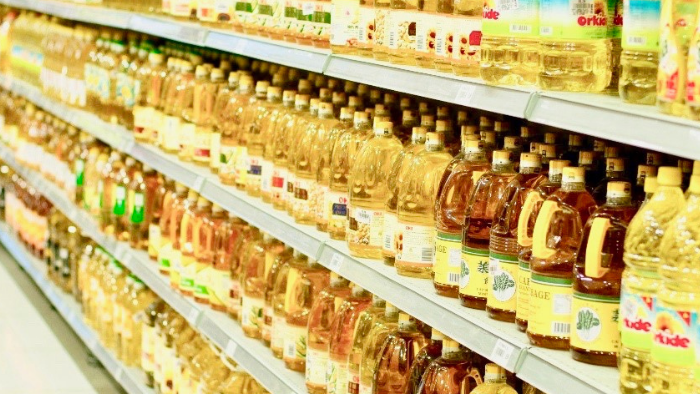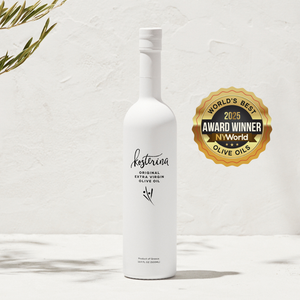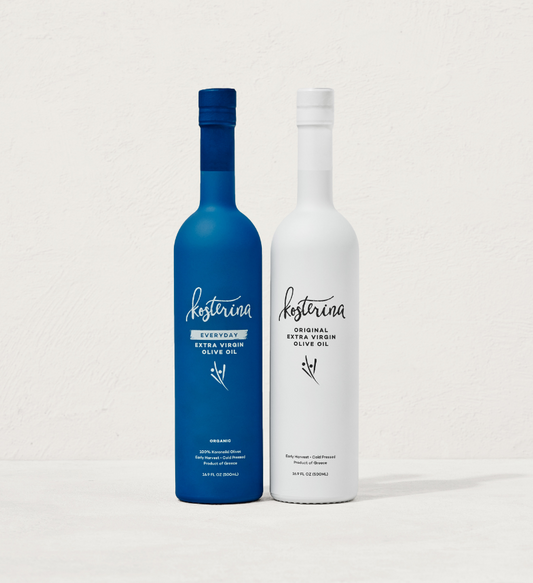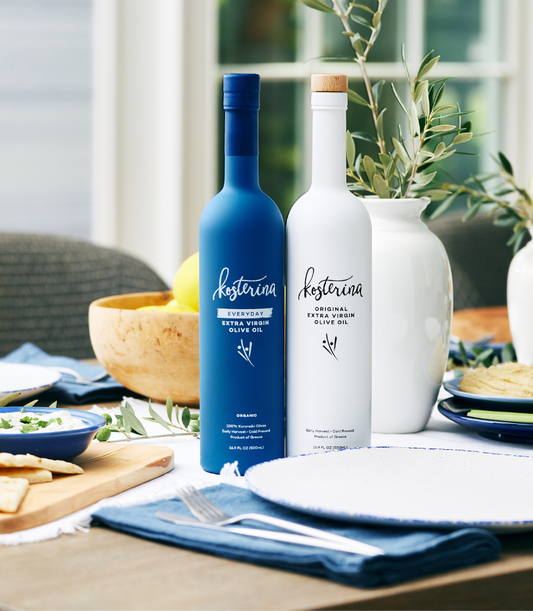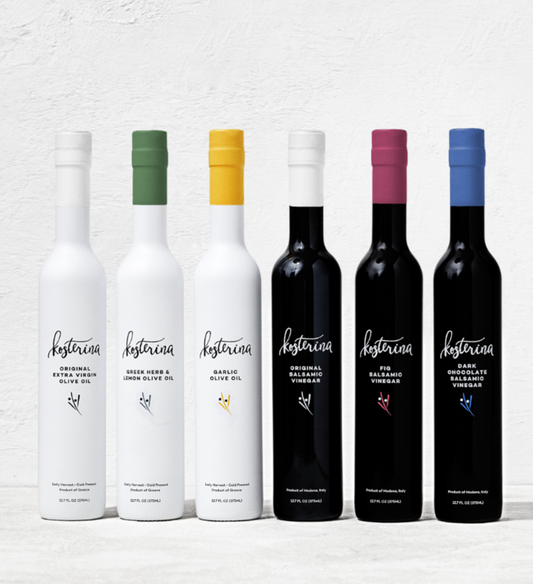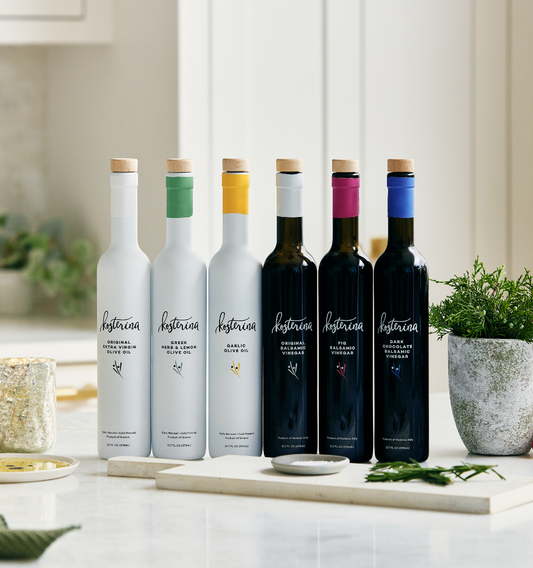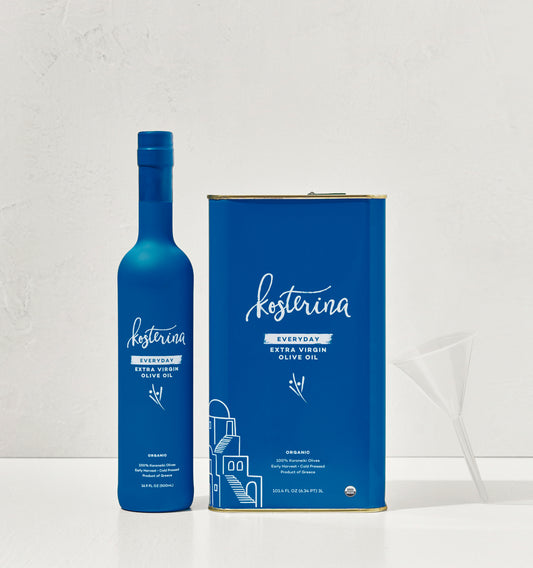Contrary to popular belief, not all cooking oils are “healthy” as many claim to be.
Let’s look at vegetable oils, the most common of cooking oils. Many of these oils are high in omega-6 fatty acids. Oils, high in omega-6, that fall into this category are soybean, corn, cottonseed, sunflower, peanut, sesame, palm and rice bran. Not only do they contain fatty acids, they are also high in saturated fats which can spike cholesterol levels. “These omega-6 fatty acids are pushing out the important omega-3 fatty acids that keep the brain healthy”, according to Professor John Stein, emeritus professor of neuroscience at Oxford University. Omega-3 is known to help lower blood pressure, while ingesting too much omega-6 can cause inflammation in the body which could lead to disease. Professor Stein only keeps olive oil and butter in his kitchen.

This chart was created by family physician and New York Times bestselling author Cate Shanahan, M.D. Her expertise is fixing the underlying problems that cause metabolic damage and inflammation, leading to autoimmunity, weight gain, diabetes, cancer and accelerated aging processes.
In this chart, she explains how Corn oil, Canola (also called rapeseed) oil, Cottonseed oil, Soy oil, Sunflower oil, Safflower oil, Grapeseed oil and Rice bran oil are 8 of the most unhealthy vegetable oils. These oils contain a high percentage of polyunsaturated fatty acids (PUFAs) – which are unstable, and break down rapidly when exposed to chemical stress and heat.
“A little bit of PUFA is not a problem for us, we actually need some. And when we get PUFA from whole foods like sunflower, chia or flax seeds, it’s well protected by antioxidants nature builds into the seed. These protectants get stripped away during the industrial scale refining of sunflower and the other vegetable oils, and that’s just the beginning of the problems with vegetable oils. The refining process not only strips away antioxidants, it makes PUFAs toxic by exposing them to heat, pressure, metals and bleaching agents. This chemically alters the molecules into a wide variety of potent toxins.
Ever heard of varnish? It’s what carpenters use to finish wood. Varnish is made from vegetable oils, including soy and linseed (which is rich in omega-3, like canola), because these oils are chiefly composed of PUFAs. PUFAs react with oxygen in the air to help polymerize the varnish into a nice hard coating that helps preserve the wood.
Varnish is good for your floors, but not so good for your brain, your arteries or mitochondria.” – Dr. Cate Shanahan
And, according to leading scientists, cooking with vegetable oils releases high concentrations of toxic chemicals called aldehydes, a result of degradation of the fatty acids in oils, which have been linked to diseases, including arthritis, heart disease dementia and cancer. Researchers from the University of the Basque Country (UPV/EHU, Spain) have been the first to discover the presence of certain aldehydes in food, which are believed to be related to some neurodegenerative diseases and some types of cancer. Source: Sciencedaily.com. Unpleasant to hear, but necessary to know when making better cooking oil and healthier life choices.
EVOO's low acidity indicates stability. When an oil is degraded through refinement or contact with oxygen, the triglycerides break down and form free fatty acids (aka free radicals). The presence of free fatty acids causes the acidity to climb. Since EVOO has acidity below 0.8% (Kosterina EVOO is 0.17%), there are very few free fatty acids. When the EVOO cooks, it stays more stable than other oils and shows only trace levels of trans fats.
There are many vegetable oils sold in grocery and some specialty stores; they are more cost effective to produce and have a longer shelf life because of their processing methods, however, these methods are unhealthy. Vegetable oils are made of many different plant oils containing seeds which must be extracted. These oils are mass produced with seeds being extracted with solvent, and other proprietary chemicals, which can be mixed into oils and ingested.
According to Science Direct, production of these oils is also detrimental to the environment. Vegetable oil production is a complex multistage process and membranes, conceptually, can be applied to almost all stages of oil production and purification. In the conventional vegetable oil processing, there are major drawbacks:
- High energy usage –oil extraction requires a considerable amount of energy and, in addition, safety problems might arise from the released explosive vapors.
- Large amounts of water and chemicals are used, sapping resources.
- Heavily contaminated effluents (liquid waste or sewage, discharged into our oceans).
Read Product Labels
These oils are sold in their “pure” form, though little about them is pure, and they also hide in the ingredient listings of processed foods like salad dressings and marinades. So, read food labels to see what oils are in products on your shopping list. Stay away from products with terms such as “partially hydrogenated” or “hydrogenated”. Hydrogenation is a chemical process that converts liquid vegetable oil into solid fat and can contribute to heart disease.
In fact, the Food and Drug Administration (FDA) determined that removing Partially Hydrogenated Oils (PHO) from processed foods could prevent thousands of heart attacks and deaths each year. PHOs are the primary dietary source of artificial, “saturated” or “trans” fats, in processed foods and the agency deemed manufacturers must be compliant in removing PHOs from foods by January 2020. It’s important to note that trans fat will not be completely gone from foods because it occurs naturally in small amounts in meat and dairy products, and is present at very low levels in other edible oils, so continue to check labels. Source: www.fda.gov.
Some Better Cooking Oil Choices
Look for oils that utilize more natural processing practices, by pressing or crushing plants or seeds, instead of extracting them with chemicals. Healthier choices would be walnut, avocado, and, of course, olive oils. Olives are naturally crushed for their healthy oils. These are low in unsaturated fatty acids and have anti-inflammatory and antioxidant benefits, beneficial when cooking or prepping food.
And speaking of Olive Oil...
Extra Virgin Olive Oil, or EVOO, is one of the healthier choices when selecting a cooking oil. In general, olive oil contains antioxidants including Vitamin E which are healthy for the body, inside and out. Extra Virgin Olive Oil is derived from the first pressing of the olives, delivering more powerful antioxidants that fight free radicals and provide more natural protection against oxidation, thus keeping the product, and its benefits, fresher longer.
At Kosterina, premium and flavorful Extra Virgin Olive Oils are life! They are created from olives gathered and pressed from trees in Southern Greece. While almost 70% of olive oils produced and sold in the U.S. are mislabeled as extra virgin, ours are authentically Mediterranean, formulated with 10 times the antioxidants than “standard” olive oils.
Kosterina’s NEW Organic Everyday Extra Virgin Olive Oil, (EEVOO!) is absolutely the highest quality cooking oil available at a price below $20. Crafted with cooks in mind, our Everyday EVOO has a mild, fruity flavor with a smooth finish that will not overpower your food. This oil stands up to heat beautifully and is able to maintain its flavor with a smoke point of over 425° F – perfect for cooking and baking. Like our ultra-premium Original Extra Virgin Olive Oil, the Organic Everyday Extra Virgin Olive Oil is made from 100% Koroneiki olives harvested early in the season which preserves their naturally occurring antioxidants. Organic Everyday Extra Virgin Olive Oil has a polyphenol content of over 600 mg/kg as measured at the time of harvest – that’s over 6x what you can find in an average bottle at your local supermarket. Our Oils are of course emulsifier-free. Emulsifiers can breakdown the most potent ingredients which can affect product freshness, taste and benefits.
So, when choosing a cooking oil, make that educated decision and reach for the healthier Extra Virgin Olive Oil, preferably manufactured and imported from Greece, the olive oil experts.
στην υγεία σου (to your health!)
To learn more about Kosterina products please click here.
